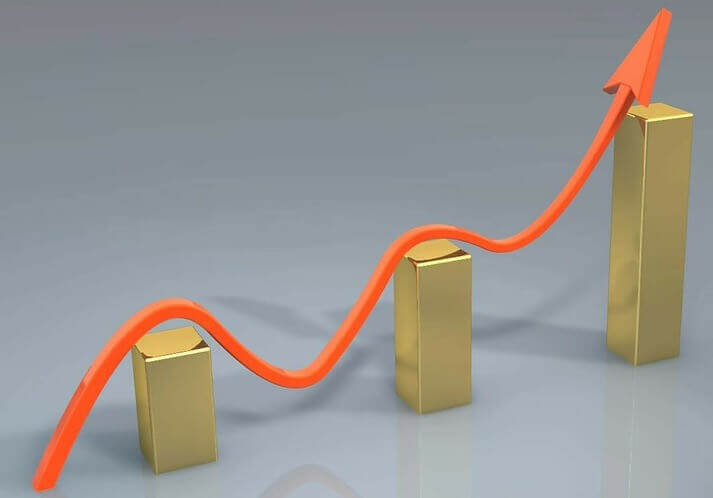Today I’m going to discuss how volatility affects premium. But, first, an explanation of the term is in order. There are two types of volatility that an options trader needs to pay attention. The first is historical volatility. The second is implied volatility.

Historical volatility is just as its name implies. It is a representation of the underlying’s actual past price movement, both up and down. Implied volatility is what the market expects it to be in the future. Now, to better understand how volatility affects premium, let’s take a quick look at the difference between market value and theoretical value. The easiest way to do this is to compare the different components that make up the two.
What Determines An Option’s Market Value Affects Prices
This is going to sound trite, but there are only two things that determine an option’s market value. They are supply and demand. That’s it. It’s a simple point, but it’s important. The reason that it’s important is because supply and demand are influenced by what traders think. And, what traders think is also a key component of what makes up an option’s theoretical value.
What Determines An Option’s Theoretical Value
Theoretical value is calculated using six variables. Those variables are the strike price of the option, the market price of the underlying stock, the time remaining until the option expirations, the amount of any dividend the stock pays, interest rates, and implied volatility. Of these, implied volatility is the most important.
Why Volatility Is So Important Options Prices
The reason that implied volatility is the most important variable in determining an option’s theoretical value is because it is the great unknown in the equation. At any given point in time, the other five variables are easily attainable. They’re either right there staring you in the face on your trading workstation’s quote monitor or are printed in the financial section of your daily newspaper. Implied volatility is a little more esoteric. It’s the market’s estimate of where the stock is likely to trade between now and expiration. Now, think about this in terms of market psychology and the last time you had an option trade go really bad…or really well.

The market's expectation for how volatile a stock is going to be in the future isn't always right. Sometimes the market guesses that the stock will be more volatile than it has been in the past. Sometimes it guesses that it will be less volatile.
When the market thinks that the stock will be more volatile in the future than it has been in the past, then it's implied volatility will be a bigger number than its historical volatility. When traders think that the stock will be less volatile going forward than it has been, then it's implied volatility will be a smaller number than its historical volatility. It’s this mismatch between historical volatility and implied volatility that’s important.
When the market gets it wrong, then implied volatility will move relative to historical volatility. If the market guesses too high, then implied volatility will shrink relative to historical. If the market guesses too low, then implied volatility will expand.
Now, remember that implied volatility is the great unknown in the equation used to calculate theoretical value. So, if implied volatility rises, so does theoretical value. And, if implied volatility falls, then theoretical value falls too. This is the reason that volatility is so important and how it affects option premium.
Related Topics: Volatility


